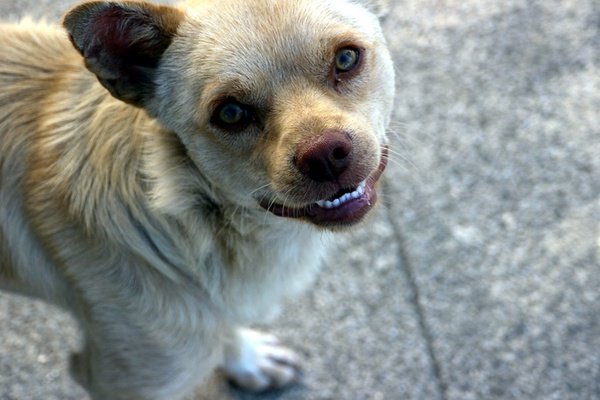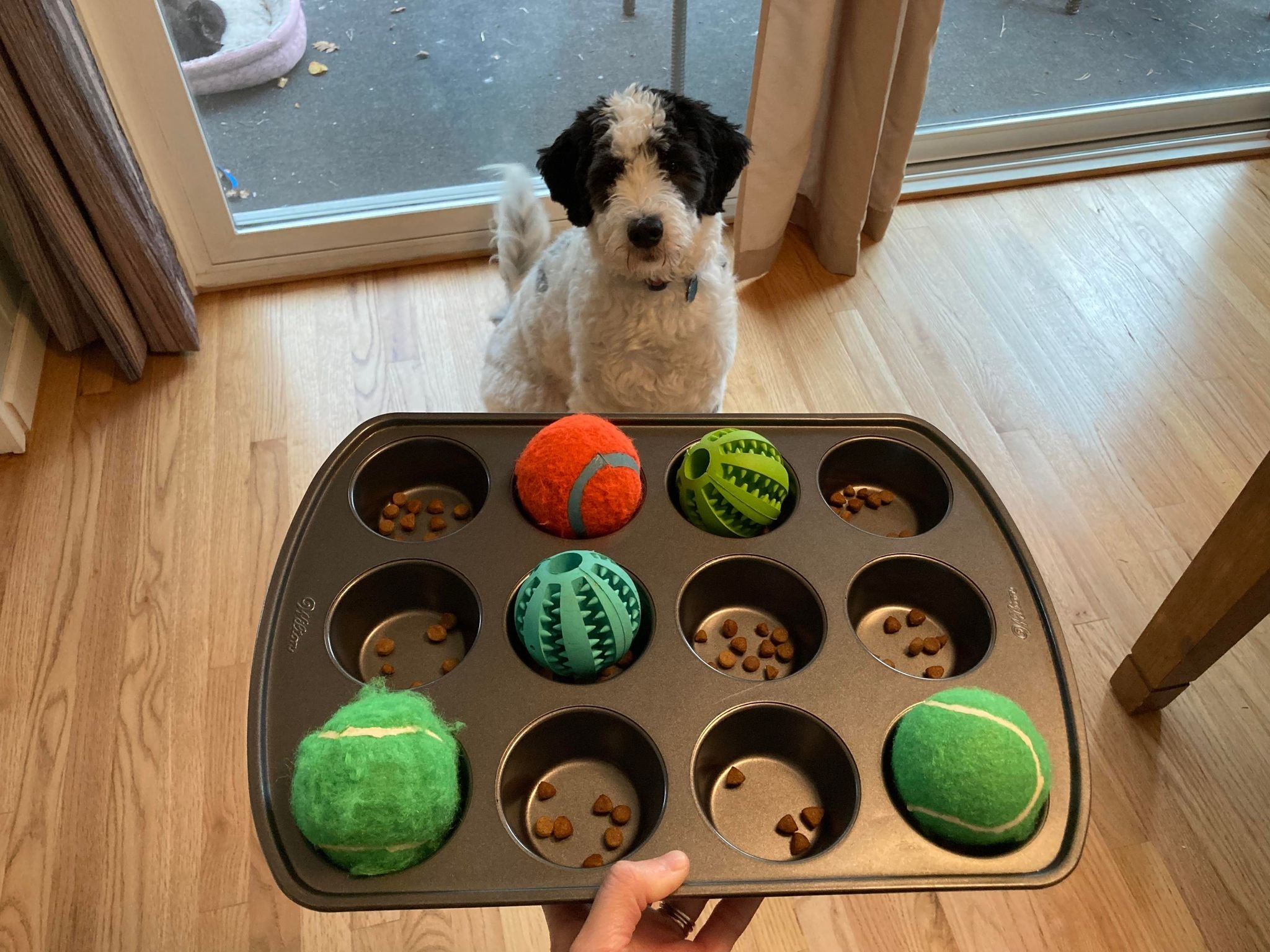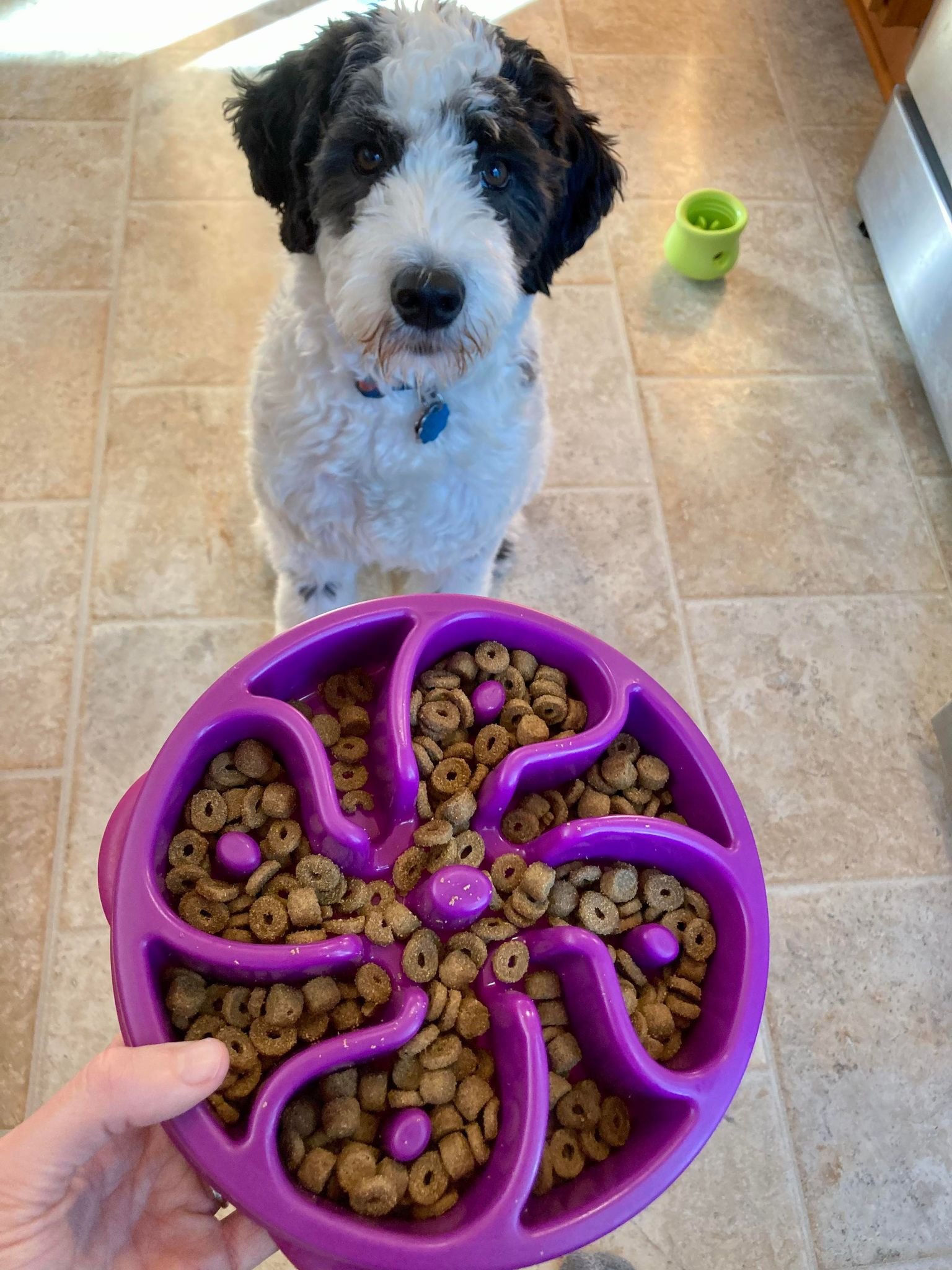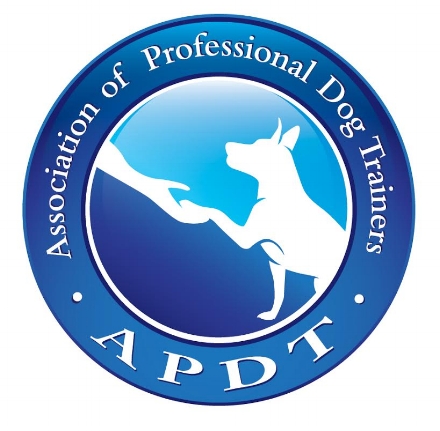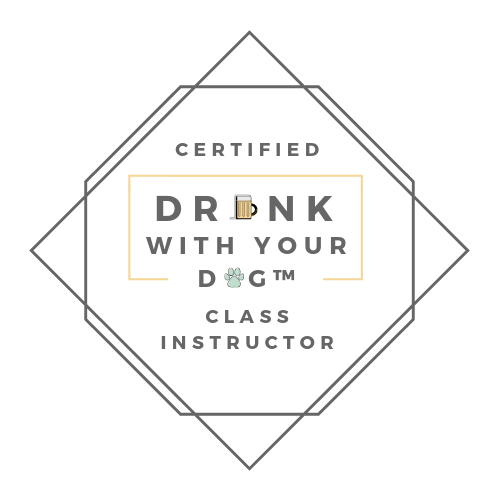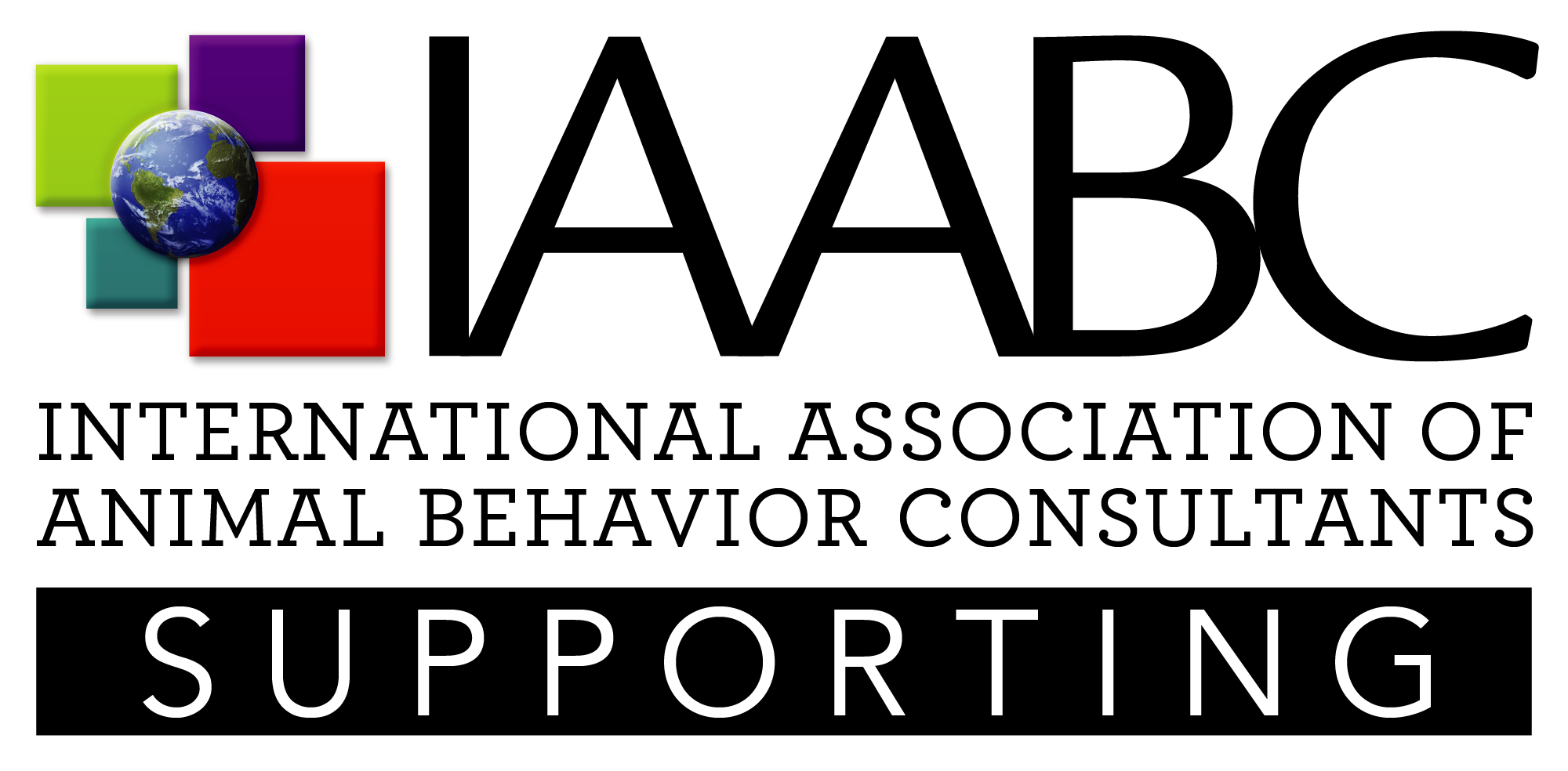Dear Pawsitive Pooch family,
Nea here. It is with profound sadness that I write to inform you of some unexpected news regarding Pawsitive Pooch.
As you may know, I fell and received a concussion, among other injuries, in January. Further investigation has shown that the fall and subsequent concussion was likely caused by a mild stroke, also known as a Transient Ischemic Attack. It is likely I have had more than one since my fall. The good news is, generally, TIA's do not have many permanent effects, and generally people can make a nearly full recovery if addressed quickly. Unfortunately, recovery can take quite a while, and can often, as in my case, require a substantial lifestyle change.
After speaking with the Pawsitive Pooch Team, my medical care team, business advisors, and trusted clients, I have come to the difficult decision to suspend daycare and Puppy Prep Academy services and close the Hannegan facility in order to focus on my health. I have been “pouring from an empty cup” for quite some time, and ultimately, without a considerable and urgent change, I am putting myself at risk for more severe health consequences.
This decision was not made lightly, and I understand the inconvenience and disappointment it may cause you and your beloved pups. It has been a tremendously difficult year in this location, and with the added issues with the landlord, and my health, closing this location is truly the best move forward.
Our lease is up April 30th, though current circumstances may require an even earlier move out. Our anticipated last day for daycare in this space will be announced soon.
Any package credits will be converted to your account as standing credit with no expiration, to apply towards future services offered.
Thanks to some support from former team members, you may be seeing familiar faces soon as our private training, walks, and Walk & Trains will still be available, and mid-May we are working towards offering services for small groups of established Puppy Prep & Daycare clients- please keep an eye out for emails with more information.
I understand the importance of consistency and reliable care for your furry family members, and I deeply apologize for the disruption this closure may cause. Your trust and loyalty mean the world to me- you truly have become my family, and I am so incredibly proud of the wonderful community we’ve built together.
While I cannot provide an exact timeline for when we will reopen in a new location, I am hopeful that this change will clear a path for better things to come. We will keep you updated via email, our website, and social media platforms as soon as we have any updates regarding our reopening. Genni, our incredible remote assistant, will be as responsive as possible to emails, and I ask for your patience as she will be taking on even more inquiries once this email goes out.
In the meantime, if you require assistance in finding alternative daycare options or have any questions or concerns, please do not hesitate to reach out to us. We are here to support you and your pets in any way we can during this challenging time.
Once again, I want to extend my deep apologies for this unexpected closure, and to thank you for your understanding and continued support. I am truly grateful for the opportunity to care for your pups, and look forward to welcoming them back as soon as possible.
Much love,
Nea Moon
(she/her)
Owner
The Pawsitive Pooch, llc







